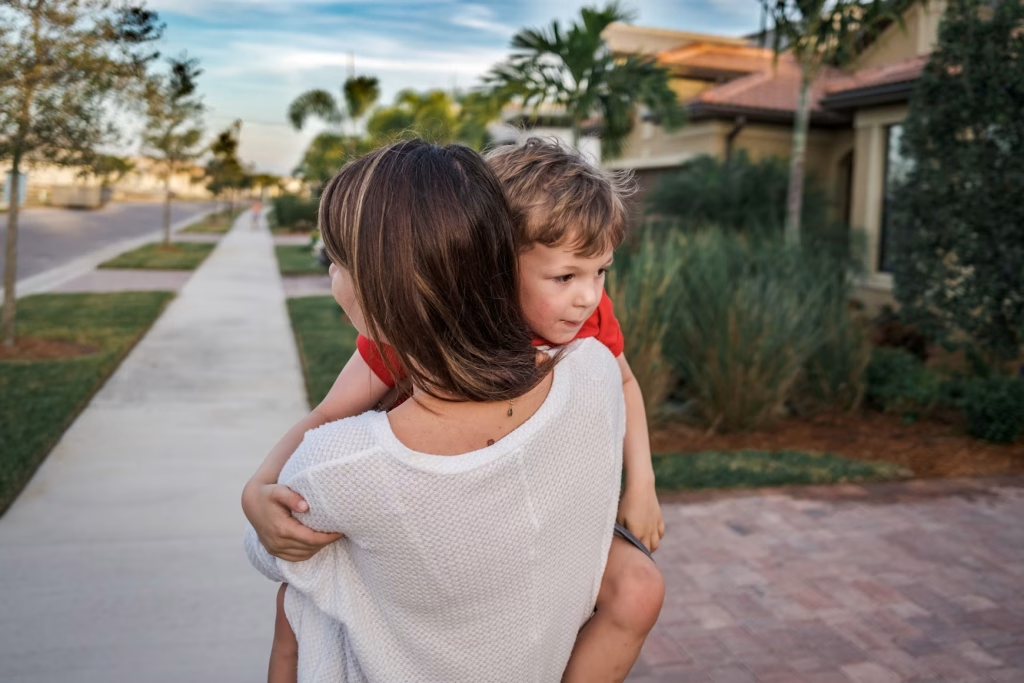
Every parent wants their child to be well-behaved, respectful, and capable of making good choices. Discipline is a big part of that equation, but not all discipline is effective. In fact, some of the most common approaches parents use to correct behavior can actually have the opposite effect, making kids act out more, not less.
It’s easy to default to the strategies we were raised with or the ones we think are supposed to work. But without realizing it, we may be sending confusing messages, undermining our authority, or fueling emotional reactions that kids don’t yet know how to manage. If discipline seems to be falling flat—or worse, escalating the problem—it might be time to reassess what’s really going on.
Mistake #1: Yelling Instead of Connecting
When tempers flare, it’s tempting to raise your voice. But yelling often triggers a child’s stress response, shutting down their ability to listen or reason. Instead of focusing on the lesson, they react emotionally—often with defiance, fear, or shutdown behavior.
Over time, frequent yelling teaches children that communication comes through conflict. It can also erode trust and increase anxiety. Calm, firm boundaries paired with empathetic language tend to be far more effective in the long run.
Mistake #2: Inconsistent Consequences
One of the quickest ways to confuse a child is by reacting differently each time they misbehave. If they get a timeout for one tantrum but a shrug for the next, they start to test the limits. Inconsistency sends the message that rules are flexible, or worse, that your reaction depends on your mood rather than their behavior.
Consistency builds trust and predictability. Kids thrive when they know what to expect and what’s expected of them.
Mistake #3: Punishing Emotion Instead of Guiding It
Children don’t always have the tools to process frustration, anger, or sadness in healthy ways. When parents punish the emotional outburst without addressing the underlying feeling, it reinforces shame and shuts down opportunities for growth.
Instead of saying, “Stop crying or you’ll go to your room,” try something like, “I see you’re really upset. Let’s talk about what you’re feeling and how we can work through it together.”
Mistake #4: Using Shame as a Teaching Tool
Phrases like “What’s wrong with you?” or “You should be ashamed” might seem like a way to get through to a misbehaving child, but they do more damage than good. Shame doesn’t teach responsibility; it teaches self-loathing.
Over time, kids internalize these negative messages and begin to believe they are inherently bad, not just that they made a poor choice. Discipline should focus on the behavior, not the child’s worth.
Mistake #5: Too Many Rules (and Not Enough Relationship)
Some parents fall into the trap of over-controlling their child’s every move. But constant micromanaging can create power struggles, rebellion, or a lack of confidence in decision-making. If every action is monitored, a child may not learn how to manage themselves when no one is watching.
Kids are more likely to follow rules when they feel respected, heard, and connected. Prioritizing the parent-child relationship builds the foundation for cooperation.
Mistake #6: Ignoring Age-Appropriate Expectations
Expecting a toddler to sit quietly for an hour or a tween to manage emotions like an adult isn’t realistic. Discipline becomes ineffective and unfair when the expectations don’t align with a child’s developmental stage.
Understanding what’s age-appropriate helps parents correct behavior while maintaining compassion. A meltdown isn’t always a sign of disrespect; sometimes, it’s simply a sign of being overwhelmed.
Mistake #7: Forgetting to Model the Behavior You Want to See
Kids learn far more from what we do than what we say. If you’re asking them to stay calm while you’re constantly reactive or expecting honesty while being dismissive of their feelings, the lesson gets lost.
Modeling patience, problem-solving, and self-control shows children what emotional regulation actually looks like in practice. Discipline is more than correction. It’s a demonstration.
Discipline Done Right Builds Better Behavior
Discipline should teach, not terrify. It should help children build the internal compass they’ll need long after they’ve left the time-out chair. When we approach correction with consistency, empathy, and respect, kids are more likely to respond with growth—not resistance.
No parent gets it right all the time. However, small shifts in how we guide behavior can make a massive difference in how our kids feel, respond, and develop.
What’s one discipline habit you’ve had to rethink, and what changed when you did? Let us know about your habits in the comments below!
Read More:
10 Creative Discipline Techniques That Don’t Involve Time-Outs or Punishments
8 Reasons Why Time-Outs Might Not Be the Best Discipline Strategy
Riley is an Arizona native with over nine years of writing experience. From personal finance to travel to digital marketing to pop culture, she’s written about everything under the sun. When she’s not writing, she’s spending her time outside, reading, or cuddling with her two corgis.


